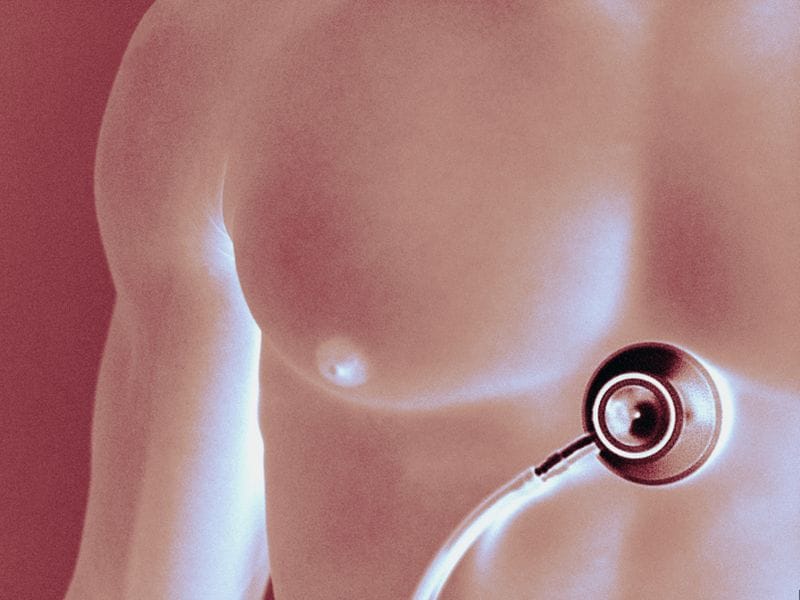Proof-of-concept study shows optimal treatment of sleep apnea may have positive CV carryover effects
TUESDAY, Oct. 6, 2020 (HealthDay News) — Continuous positive airway pressure (CPAP) treatment for obstructive sleep apnea optimally used at night reduces resting heart rate during the day, according to a study published online Oct. 1 in the Journal of the American Heart Association.
Sushmita Pamidi, M.D., from the McGill University Health Centre in Montreal, and colleagues randomly assigned 39 participants with obstructive sleep apnea (OSA) and prediabetes to either in-laboratory all-night CPAP or an oral placebo for two weeks. For 19 consecutive days and nights, resting heart rate was continuously assessed using an ambulatory device.
The researchers found that compared with placebo, CPAP reduced daytime resting heart rate (treatment difference, −4.1 beats/min). Significant correlations were noted between the magnitude of reduction in daytime resting heart rate after treatment and the magnitude of decrease in plasma norepinephrine, a marker of sympathetic activity, as well as the magnitude of decrease in OSA severity.
“These findings suggest that better identification and treatment of OSA may have important clinical implications for cardiovascular disease prevention,” the authors write.
Copyright © 2020 HealthDay. All rights reserved.

